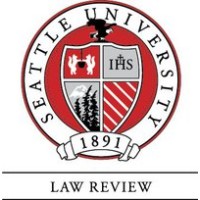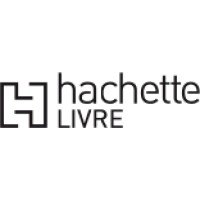
Seattle University Law Review
The Seattle University Law Review was originally published as the University of Puget Sound Law Review. Its inaugural issue was published in 1975, with the first Editor in Chief writing, "Striving to attain a quality of legal writing and analysis commensurate with the nascent tradition at this law school, the Editorial Board publishes this intramural edition. Hopefully this volume... represents a first and significant step toward a national law review that will serve the legal community..." The Law Review continues to maintain this dedication to legal scholarship. The Fall Issue of Volume 1 in 1977 marked the beginning of our publication in earnest as the University of Puget Sound Law Review. On August 19, 1994, the Law School was transferred to Seattle University under the stewardship of SU President Father William J. Sullivan, S.J. The Law School joined the Seattle University main campus for Fall Term, 1999, and the Seattle University Law Review continues to advance legal education, writing, and scholarship. The Seattle University Law Review provides valuable educational experiences to its members. The journal’s writing and editing assignments give student members opportunities to improve their writing skills and research techniques. Law Review work also strengthens a student’s ability to analyze problems in unfamiliar areas of the law. Finally, the self-discipline and analytical proficiency needed to succeed while on the Law Review proves invaluable to students after leaving law school.






